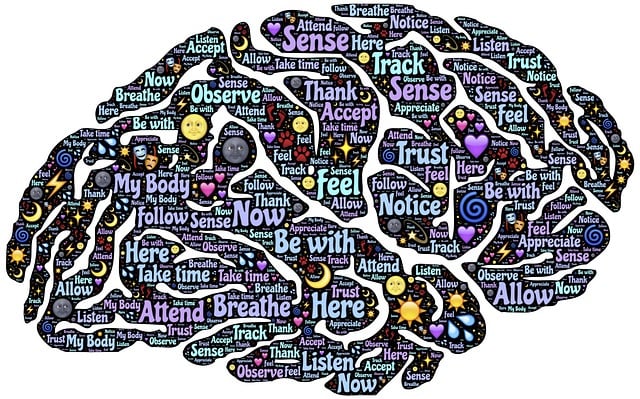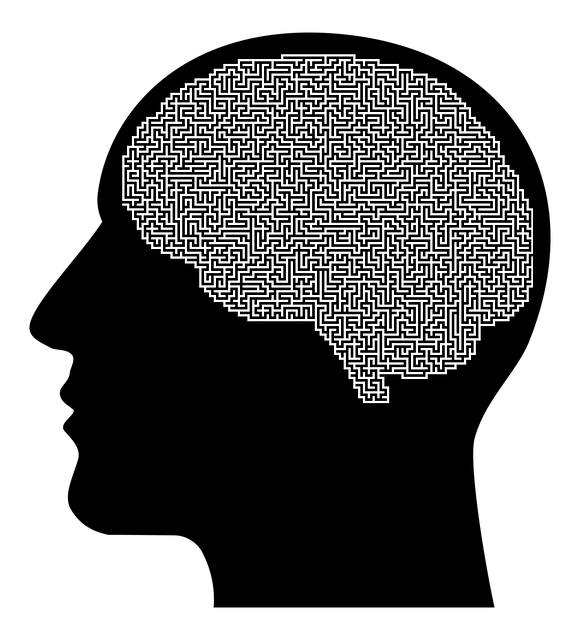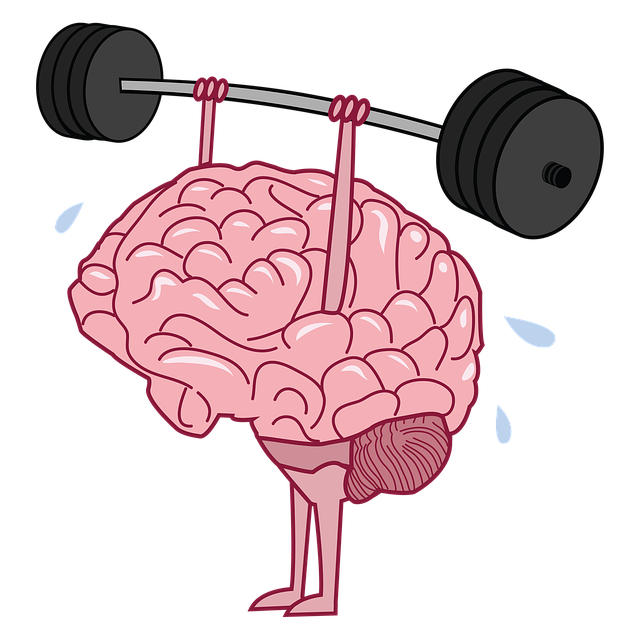Community outreach programs are transforming healthcare accessibility and quality for underserved populations by delivering medical and mental health services directly to communities. These initiatives build trust, tailor care to diverse cultural needs, and empower self-care through training in cultural competency. Effective outreach requires thorough research and stakeholder engagement, combining evidence-based practices with innovative approaches. Superior Independent Medical Evaluations (SIMEs) holistically assess well-being, guiding tailored mental health programs and therapy services. Engaging independent professionals strengthens support, fosters community trust, and offers dynamic solutions. Rigorous evaluation strategies and open communication ensure continuous program improvement, enhancing reach and impact for better mental health outcomes.
Community outreach programs play a pivotal role in enhancing societal well-being by bridging the gap between healthcare services and underserved populations. This article delves into the strategic implementation of such initiatives, highlighting key aspects like understanding community needs, designing impactful programs, and leveraging superior independent medical evaluations for therapeutic benefits.
We explore effective engagement strategies with professionals to optimize outcomes and emphasize evaluation methods for continuous improvement. By integrating these principles, communities can foster healthier environments through tailored outreach programs.
- Understanding Community Outreach: Its Importance and Benefits
- Designing Effective Programs: A Step-by-Step Guide
- The Role of Medical Evaluations in Community Outreach
- Engaging Independent Professionals for Better Outcomes
- Measuring Success: Evaluation and Continuous Improvement Strategies
Understanding Community Outreach: Its Importance and Benefits

Community outreach programs play a pivotal role in bridging the gap between healthcare services and underserved populations. By extending medical care and mental health support directly to communities, these initiatives ensure equitable access to resources. Beyond improving physical and mental well-being, community outreach fosters trust and strengthens relationships between healthcare providers and patients. This personalized approach can lead to more effective treatment plans, especially when tailored to the unique cultural needs of diverse communities.
The benefits extend beyond individual health. Outreach programs empower communities by promoting self-care routines and offering education on preventive measures like burnout prevention. For instance, Superior Independent Medical Evaluations Therapy can be integrated into these initiatives to provide comprehensive assessments and therapy options, enhancing overall community resilience. Additionally, training healthcare providers in cultural competency ensures sensitive and effective delivery of services, addressing barriers to care and contributing to a more inclusive and responsive healthcare system.
Designing Effective Programs: A Step-by-Step Guide

When designing effective community outreach programs focused on mental wellness, it’s crucial to start with a clear understanding of the local needs and cultural context. Begin by conducting thorough research to identify the specific issues and challenges facing your target population. This step is key to creating tailored initiatives that resonate deeply with those you aim to serve. Engage stakeholders, including local leaders, healthcare providers, and community organizations, to gather diverse perspectives and ensure buy-in for the program’s direction.
Next, focus on developing structured yet flexible programs that integrate evidence-based practices alongside innovative approaches. For instance, consider incorporating Mental Wellness Coaching Programs as a core component to empower individuals with coping strategies. Combine this with Stress Management techniques known to enhance resilience. Integrate Superior Independent Medical Evaluations to validate the effectiveness of the therapy and ensure client progress. Through such a step-by-step guide, your outreach programs can offer comprehensive support while fostering community engagement and positive mental health outcomes.
The Role of Medical Evaluations in Community Outreach

In community outreach programs, Superior Independent Medical Evaluations (SIMEs) play a pivotal role in ensuring comprehensive care and tailored support for individuals within diverse communities. These evaluations go beyond assessing physical health by delving into mental well-being, cognitive function, and social determinants of health. SIMEs provide an opportunity to identify unmet needs and facilitate access to appropriate resources, including therapy services and specialized treatments. By integrating these evaluations, outreach programs can design more effective Mental Health Education Programs that cater to the unique cultural and socioeconomic contexts of each community.
Moreover, the insights gleaned from SIMEs contribute to strategic planning and policy development in mental health advocacy. Analysis of evaluation data enables advocates to push for evidence-based policies and allocate resources effectively. This, in turn, fosters Empathy Building Strategies that address systemic barriers, promote equality in healthcare access, and ultimately improve outcomes for vulnerable populations. SIMEs serve as a cornerstone for inclusive and impactful community outreach, aligning with broader Mental Health Policy Analysis and Advocacy efforts to create sustainable change.
Engaging Independent Professionals for Better Outcomes

Engaging independent professionals can significantly enhance community outreach programs, particularly in the realm of mental health services. These individuals bring a wealth of expertise and diverse perspectives, ensuring tailored and effective support for various demographics. By enlisting their aid, organizations can deliver superior independent medical evaluations and therapy sessions that cater to unique community needs. For instance, independent psychologists and counselors often have extensive experience conducting public awareness campaigns development focused on stress management workshops organization, thereby promoting mental well-being on a larger scale.
Their involvement also fosters trust within the community. Many folks are more receptive to advice and support from peers who share similar backgrounds or understand specific challenges. Moreover, these professionals can contribute to innovative solutions, ensuring outreach programs remain dynamic and relevant in addressing evolving societal issues, such as stress management.
Measuring Success: Evaluation and Continuous Improvement Strategies

Measuring success is a critical component of any community outreach program implementation. Superior independent medical evaluations and therapy sessions can be enhanced by integrating rigorous evaluation strategies. These involve collecting quantitative and qualitative data to assess the impact of interventions, identify areas for improvement, and ensure alignment with program goals. By analyzing participant feedback through self-awareness exercises and tracking relevant outcomes, organizations can gain valuable insights into what’s working and where adjustments are needed.
Effective communication strategies play a pivotal role in this evaluation process. Open dialogue with participants, stakeholders, and community leaders enables the collection of diverse perspectives. Regularly reviewing and adapting programs based on these insights fosters continuous improvement, ultimately enhancing their reach and impact. This iterative approach ensures that the Community Outreach Program Implementation remains relevant, effective, and responsive to the evolving needs of the communities served.
Implementing community outreach programs, such as those that leverage superior independent medical evaluations, can significantly enhance social welfare and improve overall community health. By following a structured guide for design and evaluation, organizations can ensure their initiatives are effective, beneficial, and sustainable. Engaging independent professionals in these efforts is key to achieving positive outcomes that resonate deeply within the served communities. Through continuous improvement strategies, programs can adapt, grow, and provide enhanced services over time, ultimately fostering stronger, healthier communities.














